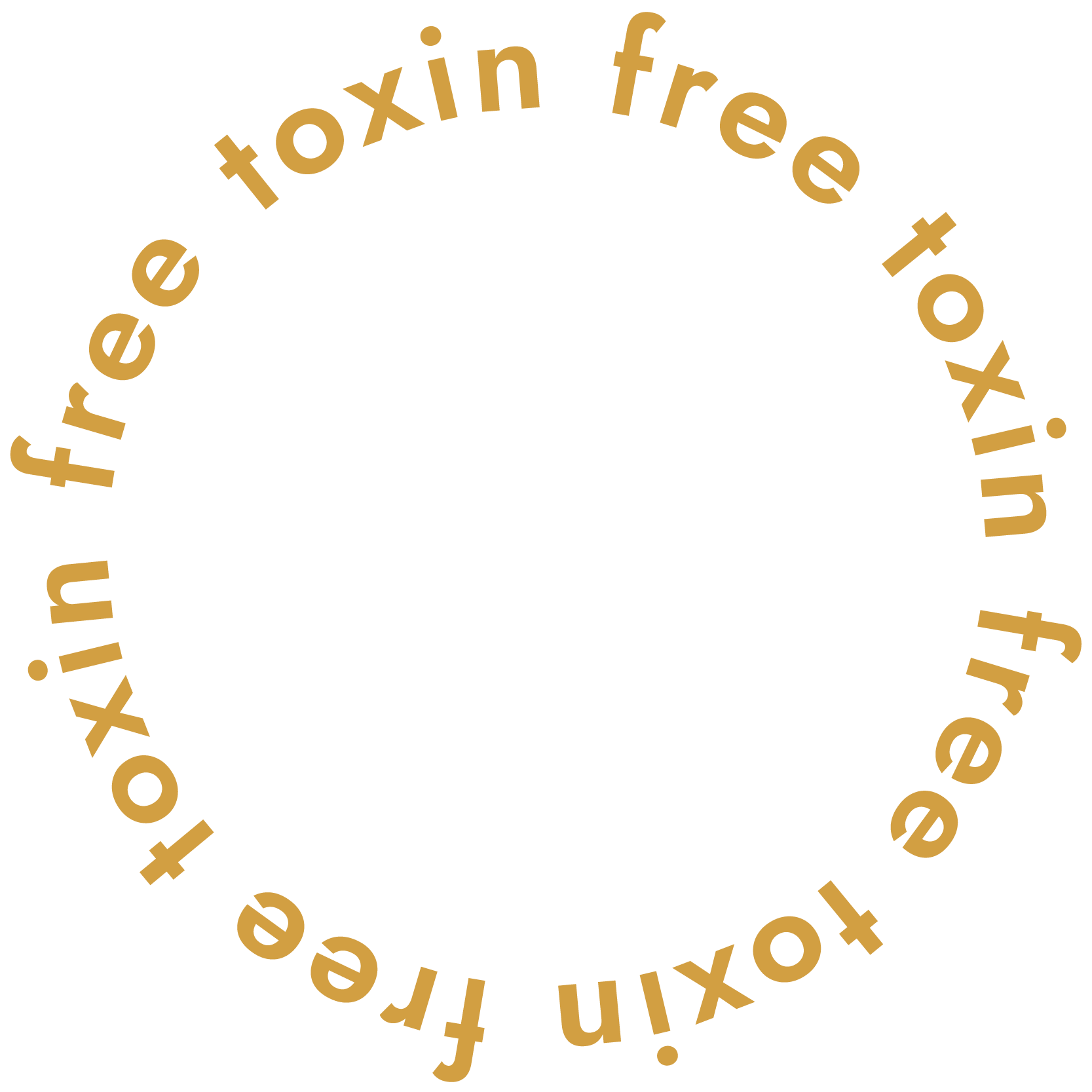Nearly every child today is developing an airway that’s too small for their tongue, and most parents have no idea it’s happening. Mouth breathing in infants is a silent but important issue parents should pay attention to.
In this crucial conversation with Dr. Hilary Fritsch, an airway-focused dentist, we expose why so many American children need braces, struggle with focus, or experience chronic health issues. The truth is, symptoms like mouth breathing, snoring, frequent ear infections, and even ADHD-like behavior aren’t random – they’re often signs of an underdeveloped airway and jaw.
The most frustrating part? This epidemic is entirely preventable with early intervention. Children can develop properly-sized airways and jaws through proper screening and treatment starting at age three, often avoiding braces altogether. This isn’t just about straight teeth; it’s about your child’s sleep, breathing, and long-term health.
Whether your child has chronic cavities despite good oral hygiene, struggles with focus, or shows any signs of breathing issues, this episode could change their future. Plus, learn how to get your child a free virtual airway assessment and take the first step toward addressing these crucial developmental issues.
In today’s episode, we’re chatting about:
- Why crooked teeth and the need for braces aren’t just genetic
- The connection between airway development and common childhood health issues
- How to identify signs of airway issues in your child
- Why early intervention (starting at age 3) is crucial
- The truth about mouth breathing and its impact on your child’s health
Signs of Airway Issues
What symptoms should parents watch out for? When you hear mouth breathing in infants, every single parent thinks, “Well, my kid sleeps with their mouth closed,” but you don’t watch them all night to know if they are always sleeping with their mouth closed. And just because they don’t snore doesn’t mean they don’t have airway issues. Be skeptical of your belief that they’re breathing through their nose.
Here are a few signs of mouth breathing in infants:
- Chapped lips
- Dark circles under their eyes
- Ear infections
- Chronic throat infections
- Not breathing silently through their nose
- Pickiness around food (sometimes)
- Speech issues
If you ever had to talk about tonsils and adenoids, you need to go straight to an airway dentist because you can get that soft tissue out of the way. But you still haven’t addressed the mouth-breathing habit, jaw development, or the structural issues that are still there.
Everybody thinks it’s from not brushing their teeth properly or their diet. But the biggest reason I see for cavities is mouth breathing. All my little mouth breather infants and kids are full of cavities, and the ones that aren’t don’t have them. What’s happening is at night, their mouth dries out. They don’t get the neutralizing effect of saliva, and bacteria can go to town. It’s important to floss before bed to clean out as much plaque and bacteria as possible. If your lips are sealed at night, you’re gonna have way less cavities.
The Truth Behind Fluoride
Parents are using natural toothpaste, and dentists are saying that’s why their kids have cavities. Dentists can fix your teeth, but they can’t fix your brain. Hydroxyapatite is really good at remineralizing teeth; we were just taught fluoride is God. Dentists should look at more than just not using fluoride in toothpaste. There is a root cause of symptoms tied to mouth breathing in infants.
Mouth Taping
Mouth taping is so popular now. People have amazing reactions to it, like sleeping better and regulating their nerves. The problem is that it doesn’t address the root issue—it’s like putting a band-aid on the problem.
Hilary likes to call it a hack. It’s not a real treatment, and it can be risky for some people. Her patients experiment with it to figure out if they are actually breathing through their nose all night or if they rip the tape off in the middle of the night.
It will encourage you to keep your lips closed, but Hilary thinks her functional therapy is such a better tool. In it, you’ll reprogram the brain to keep the tongue on the roof of the mouth and you’ll get the tongue strong enough to stay up there at night.
Mouth taping works because you’re going to breathe through your nose. You get better rest, digest better, and more oxygen sent to your muscles. You get less sleep fragmentation because your tongue isn’t falling back into your airway and causing micro-arousals. It’s not changing your jaw’s structure or improving your airway’s size. It’s helping you keep your tongue up in the roof of your mouth because your lips are sealed.
Hilary hesitates to recommend it because it can be dangerous for some people. She thinks it’s a useful tool to determine whether you’re breathing through your nose all night, but it’s not a long-term solution.
Free Video Assessment
If you have a child between the ages of 3 and 12, go to www.toothpillow.com to start your free virtual video assessment. Use code WENDY at checkout for the upgraded virtual video assessment for FREE, plus $200 off any treatment.
I hope you enjoyed this episode with Hilary! She helped shed light on an issue not many parents are aware of.
Connect With Hilary
If you enjoyed this week’s episode, please:
- Leave a positive review or rating wherever you listen
- Shop toxin free products on my Toxin Free Shopping Guide
- Download your free 25 Toxins to Avoid
- Post a screenshot, share what you loved, and tag me on Instagram @wendy_toxinfreeish
- Want to ask me a question to get answered on the podcast? Leave me a voice message here.
Related Episodes:
Episode 19: The Hydroxyapatite Toothpaste Dilemma: Why Nano is a No-Go
Episode 75: Uncovering the Truth Behind RiseWell Toothpaste PFAS Allegations and Lawsuit
Episode 91: Is Fluoride Toxic? The EPA’s Recent Fluoride Court Case and What It Means for You


+ show Comments
- Hide Comments